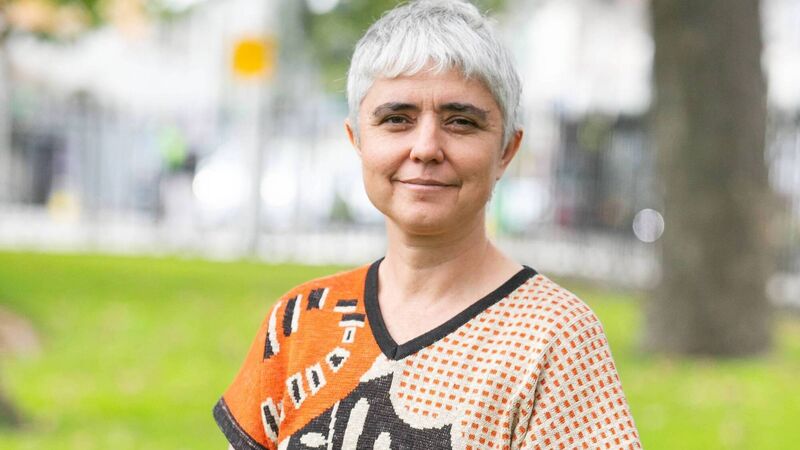HIV resources 'haven't proportionally scaled up' alongside advances in treatment, says expert

Tara Russell:'There have been efforts to improve access to PrEP, but there are still very long waiting lists in Cork.' Picture: Gareth Chaney
Gaps in HIV care, including for Kerry and Cork, must be addressed if the Government is to reach its target of no new transmissions by 2030, a conference has heard.
These two counties share one HIV clinic, which is “stretched” as more people live longer with HIV and need ongoing care, an expert told the














